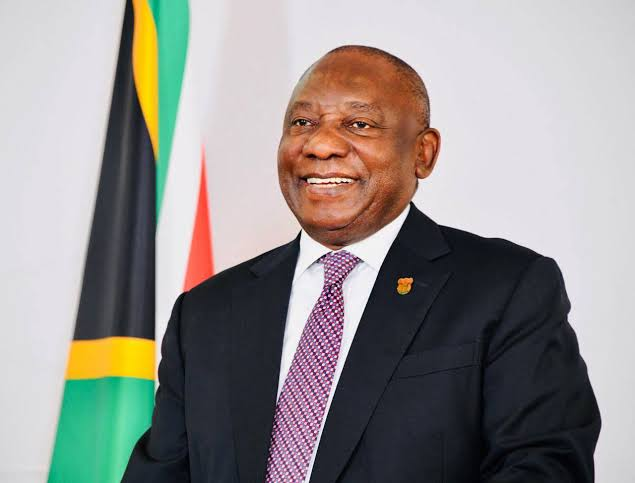ConCourt to hear President Ramaphosa’s referral of 2 bills in March! The Constitutional Court is scheduled to hear President Cyril Ramaphosa’s referral of the Copyright Amendment Bill and the Performance Protection Amendment Bill next month. The president believes that certain provisions in both pieces of legislation may not be constitutionally compliant.
Background
President Ramaphosa previously returned both bills to Parliament after expressing dissatisfaction with specific sections. In line with constitutional procedures, he referred the bills to the Constitutional Court last year for a formal ruling on their constitutionality.
Key Issues in the Copyright Amendment Bill
The president’s primary concerns regarding the Copyright Amendment Bill revolve around the retrospective application of some of its provisions. The retrospective application of laws refers to statutes that have a backdated effect, influencing past events or agreements that existed before the law was enacted.
In his submission, Ramaphosa highlighted a provision that allows authors of literary works to claim rights not only to future works but also to past works that are still being exploited for profit. The president argues that this provision could disrupt pre-existing agreements between authors and copyright holders.
While Parliament removed this contentious clause during its revision of the bill, Ramaphosa maintains that this amendment does not adequately address his concerns. He has asked the Constitutional Court to assess the validity of the revised provisions and determine whether the bill as a whole passes constitutional muster.
Performance Protection Amendment Bill
Although the president’s concerns with the Performance Protection Amendment Bill were not explicitly detailed in the available information, it is clear that both bills are closely related in their intention to revise South Africa’s intellectual property framework. These bills are designed to offer greater protections to authors, performers, and other creators. However, critics have raised concerns about whether the bills strike the right balance between protecting creators and safeguarding existing contracts and business arrangements.
The Constitutional Referral Process
Under South Africa’s constitutional framework, the president has the authority to refer legislation to the Constitutional Court if there are concerns about its validity. This process is intended to ensure that all laws passed by Parliament comply with the Constitution and do not violate the rights of individuals or groups. By referring these bills, Ramaphosa is seeking a definitive ruling from the apex court to guide how the legislation should be shaped.
Implications for Authors and Copyright Holders
The retrospective provisions in the Copyright Amendment Bill have sparked significant debate among creators and copyright holders. On one hand, proponents argue that these provisions would ensure fair compensation for creators whose works continue to generate revenue long after they have been assigned or sold. On the other hand, opponents warn that such provisions could undermine contractual certainty and discourage investment in the creative industries.
If the Constitutional Court rules that the retrospective provisions are unconstitutional, it may set a precedent for how similar provisions are handled in future legislation. Conversely, a ruling in favor of the provisions could pave the way for more robust protections for creators.
Broader Context
The Copyright Amendment Bill and the Performance Protection Amendment Bill are part of broader efforts to modernize South Africa’s intellectual property laws. These efforts aim to align the country’s laws with international treaties and standards, ensuring that South African creators are adequately protected in the digital age. However, the bills have faced criticism from various stakeholders, including publishers, entertainment companies, and legal experts, who have called for more extensive consultation and revision.
What’s Next?
The Constitutional Court’s ruling will be closely watched by creators, copyright holders, and legal experts alike. If the court finds that the bills are unconstitutional in their current form, they may be sent back to Parliament for further revision. Alternatively, if the court upholds the bills, they could be signed into law and implemented in their current form.
Regardless of the outcome, the case underscores the importance of balancing creators’ rights with contractual certainty and legal clarity in the evolving landscape of intellectual property law.

